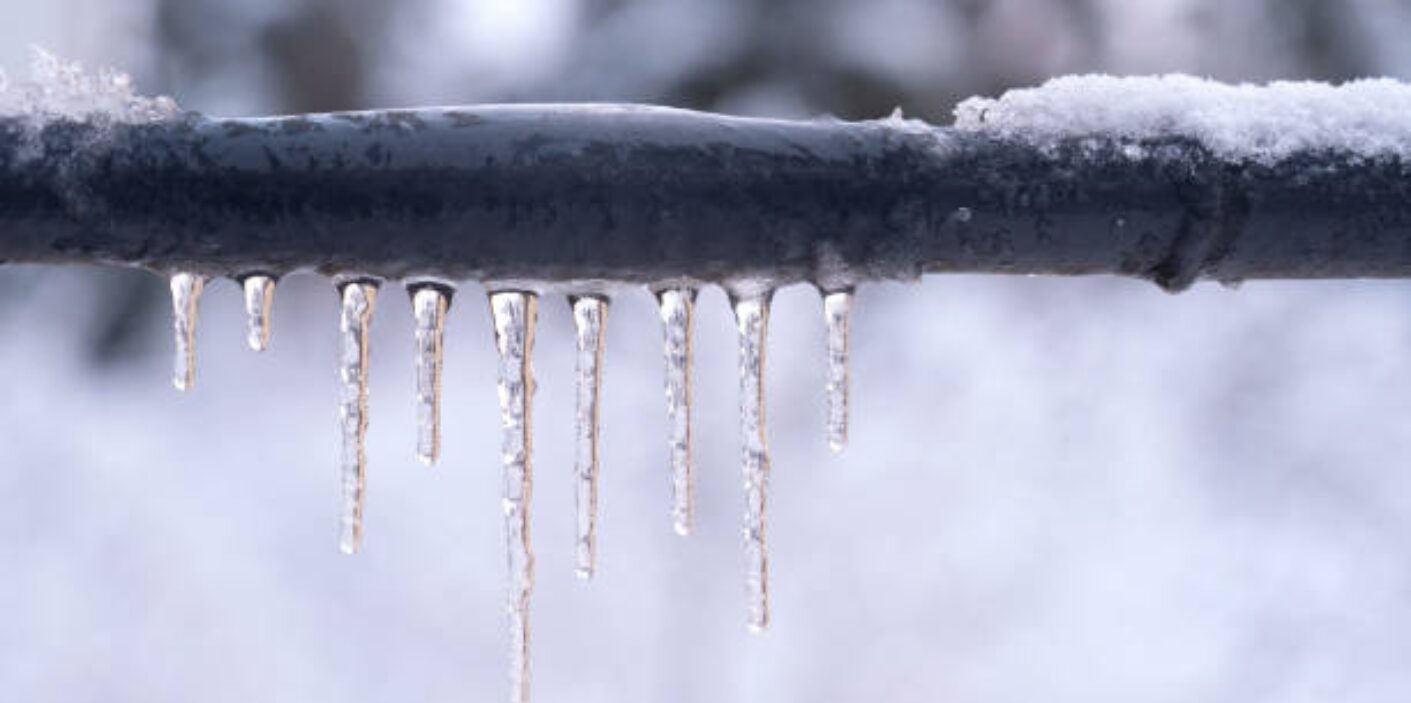Winter can be challenging for plumbing systems. As temperatures drop, pipes are at risk of freezing and bursting, leading to costly water damage. Homeowners and businesses can take practical steps to winterize pipes, saving time, money, and stress. Here’s a straightforward plan to protect your plumbing this winter, brought to you by Hard Knox Plumbing.
-
Inspect and Repair Leaks Early
Checking for leaks is the first step in winterizing pipes. Even a small leak can grow during cold weather, potentially leading to burst pipes and water damage. Inspect faucets, joints, and any visible pipes for drips or moisture. Pay close attention to areas that are not often heated, such as basements, garages, and crawl spaces.
Hard Knox Plumbing offers leak detection services in Knoxville to identify hidden leaks and address them before winter. The EPA recommends regular leak inspections to save water and prevent costly repairs.
-
Insulate Exposed Pipes
Exposed pipes in unheated areas, such as basements, attics, or garages, are more likely to freeze in winter. Insulating these pipes helps reduce the chance of freezing. Pipe insulation materials, like foam sleeves or fiberglass, are available at most hardware stores. Insulating both hot and cold water pipes helps maintain temperature and reduces energy consumption.
For help with pipe insulation or general winter plumbing needs, reach out to Hard Knox Plumbing.
-
Drain Outdoor Faucets and Sprinkler Systems
Outdoor faucets, hoses, and sprinkler systems are vulnerable to freezing. To avoid potential damage, disconnect and drain garden hoses, shut off outdoor water lines, and drain any water from the system. Leaving water in these outdoor pipes increases the risk of freezing and bursting.
For a detailed outline, the American Red Cross provides useful instructions on how to winterize outdoor plumbing.
-
Keep Indoor Temperatures Above Freezing
Maintaining indoor temperatures above freezing is crucial, especially if your property will be vacant. Setting the thermostat to at least 55°F is a good rule of thumb. If pipes are located inside cabinets, open the cabinet doors to allow warm air to circulate around the pipes. This simple step can prevent pipes from freezing and bursting during unexpected cold snaps.
If you encounter any issues during the winter, Hard Knox Plumbing provides emergency plumbing services to address unexpected problems.
-
Install Smart Leak Detectors and Shut-Off Valves
Smart leak detectors and shut-off valves are excellent tools to prevent water damage. These devices detect leaks early and can automatically shut off the water to prevent flooding. Smart water monitors track daily usage, helping you detect any unusual patterns that may indicate leaks.
Smart plumbing solutions can help prevent costly repairs. Consumer Reports highlights the benefits of using water leak detectors to protect homes from water damage.
-
Be Prepared for Emergencies with Hard Knox Plumbing
Winter weather can still catch even the most prepared homeowners off guard. Having a trusted plumbing service ready for emergencies is essential. Hard Knox Plumbing offers 24/7 emergency plumbing support for Knoxville homes and businesses, ensuring you’re never alone when a plumbing issue arises. From leak detection to drain cleaning, Hard Knox Plumbing provides reliable services when you need them most.
By following these steps, you can protect your plumbing from winter’s challenges. Winterizing pipes reduces the risk of water damage, conserves resources, and minimizes repair costs. Ready to winterize? Contact Hard Knox Plumbing today to schedule an inspection or for assistance with all your plumbing needs.
FAQ
- How often should I winterize my pipes?
Winterizing pipes should be done once a year, ideally before the first freeze of the season. Regularly checking for leaks and inspecting insulation throughout winter can also help prevent issues. - What temperature should I set my thermostat to when I’m away during winter?
Set your thermostat to at least 55°F when you’re away. This temperature helps keep pipes from freezing while conserving energy. - Can I use household items to insulate my pipes?
Yes, materials like towels or blankets can temporarily insulate pipes. However, it’s best to use pipe insulation materials such as foam sleeves or fiberglass for more effective and lasting insulation. - What should I do if my pipes freeze?
If your pipes freeze, turn off the water supply to prevent bursts. Use a hair dryer or space heater to gently warm the frozen area. Never use an open flame. If you’re unable to resolve the issue, call Hard Knox Plumbing for emergency assistance. - Are smart leak detectors hard to install?
Many smart leak detectors are designed for easy installation and can be connected to your smartphone for monitoring. However, if you’re unfamiliar with the setup, a professional plumber can install and configure them for effective use. For help, contact Hard Knox Plumbing.
These FAQs address common concerns about winterizing pipes and managing cold-weather plumbing issues, helping readers understand the best practices for winter plumbing care.
